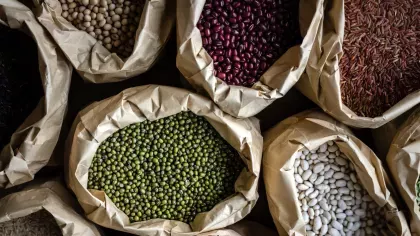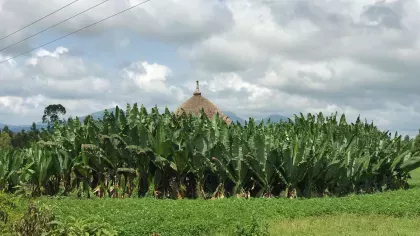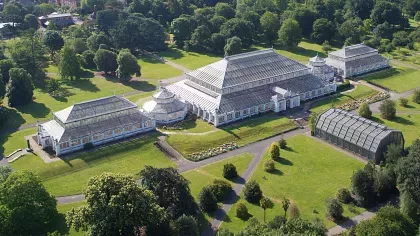4 April 2019
Akkoub: the wild and thorny eastern Mediterranean secret
Pablo reports back on his travels in Jordan to conserve a spiny edible species.

The Mediterranean diet is known globally for its health benefits. In the Middle East the diet’s values are still well rooted, and it’s common to find people gathering wild edible plants and fungi for their family to eat, or to sell in the markets to support their livelihoods.
Conserving wild edible species in the Mediterranean
As part of Kew’s planned 'Restoring the traditional Mediterranean diet through the conservation of wild edible plants' project, I’ve been travelling across Jordan visiting both markets and rural areas to hunt for wild edible species.
The project will seek to enhance the sustainable use of traditional wild edible species from the eastern Mediterranean diet. Guided, and helped, by experts from the National Agricultural Research Center (Jordan) and the Shouf Biosphere Reserve (Lebanon) I’ve been learning about the traditions established around wild edible plants and fungi, and their importance for local communities.
Among the many wild edible species across the country, Gundelia tournefortii (Akkoub) shines at this particular time of the year.
Native and restricted to the Middle East region, Akkoub is an edible and medicinal thistle-like plant that grows almost exclusively on undisturbed rocky soils.
From breakfast until dinner its unripe inflorescences are consumed in many ways: fried with olive oil and garlic, pickled, in omelettes, or with meat and chickpeas.
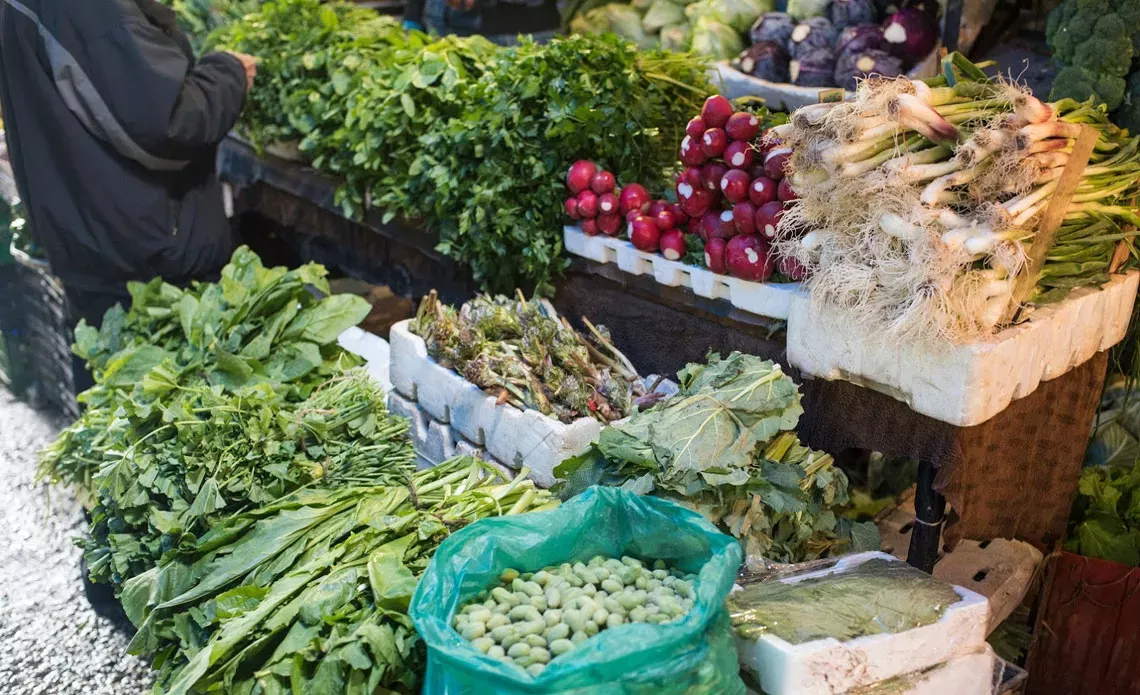
Akkoub under threat
March through to April is when local gatherers (sometimes even whole families) swarm the hills in search of this spiny plant either for fun, personal use or economic benefit.
As a result, it’s quite common to find Akkoub being sold on the streets of Amman, the capital city of Jordan, and on the roadsides interconnecting the main towns.
This activity, however, drastically reduces seed availability. It affects the plant’s reproduction, and therefore its survival, which is why conservation and sustainable cultivation and use of this species is crucial.
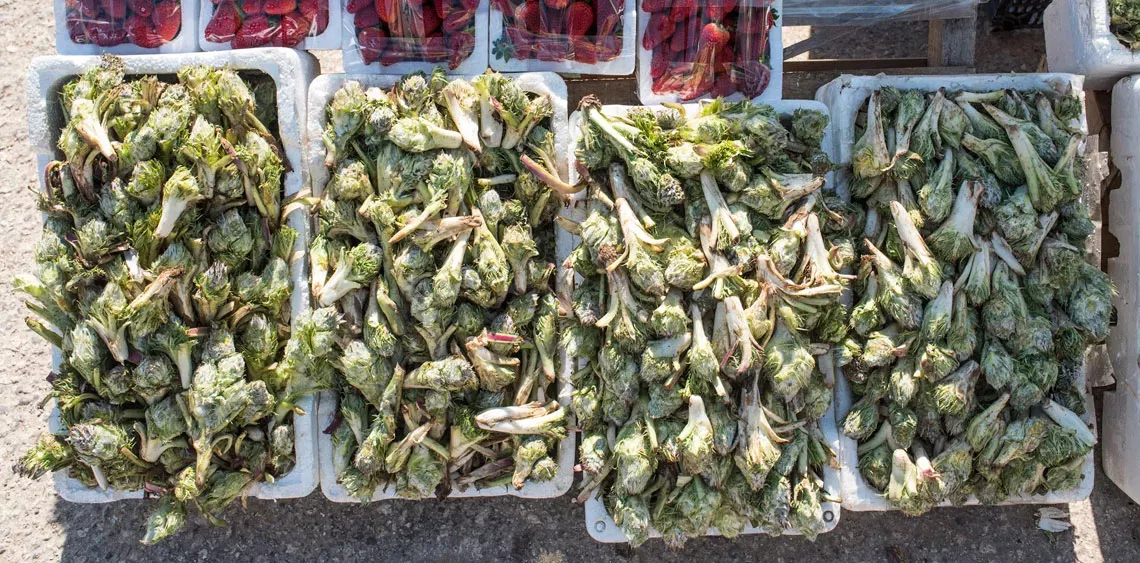
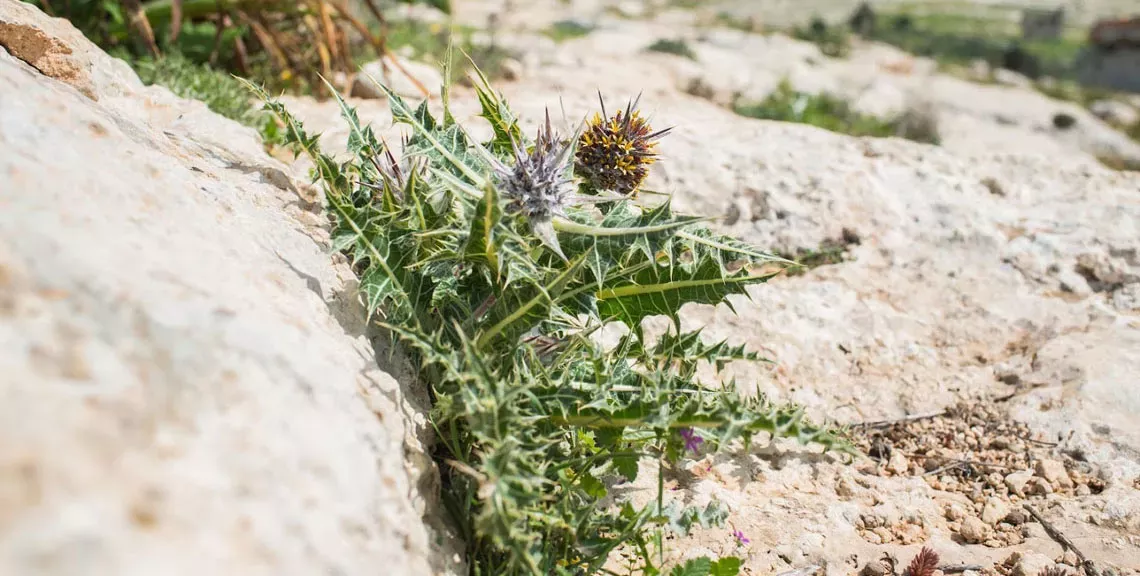
Increasing knowledge for sustainable cultivation
Our mission was to source Gundelia samples from as many sites as possible, and for this expedition to be a success we had to rely on the knowledge of the locals.
We often found that we were competing with experienced gatherers and herds of goats, so it was sometimes frustrating to discover that an Akkoub population had just been harvested or grazed.
Finding an untouched field was a reason for celebration, but the plants are not very welcoming. The tasty bits are guarded by an army of merciless thorny leaves and spikes which are undeterred by the use of gloves. I can´t complain about being spiked though.
The experienced local gatherers proceed with their weathered bare hands, which I found have a distinctive feeling of sandpaper when shaken.
One of our main goals is to investigate the chemical composition, nutritional value and variation across the Akkoub populations in Jordan and Lebanon, using state-of-the-art analytical methods at Kew.
We also want to understand more about the seed germination of Akkoub for the cultivation of plants. Together, this scientific knowledge will provide incentives to sustainably cultivate Akkoub, reducing the pressure on wild populations so they do not become endangered due to overharvesting.
Overall the expedition has been a success. We have secured Akkoub samples from all of the initially-targeted areas across Jordan, and have further enriched our collection by adding plants already available at the markets. We are looking forward to starting the scientific analysis of the samples as the first steps towards promoting the conservation and sustainable use of Akkoub. In addition, within the next few weeks we are planning to replicate this expedition in Lebanon, where the Akkoub season starts later in the year.
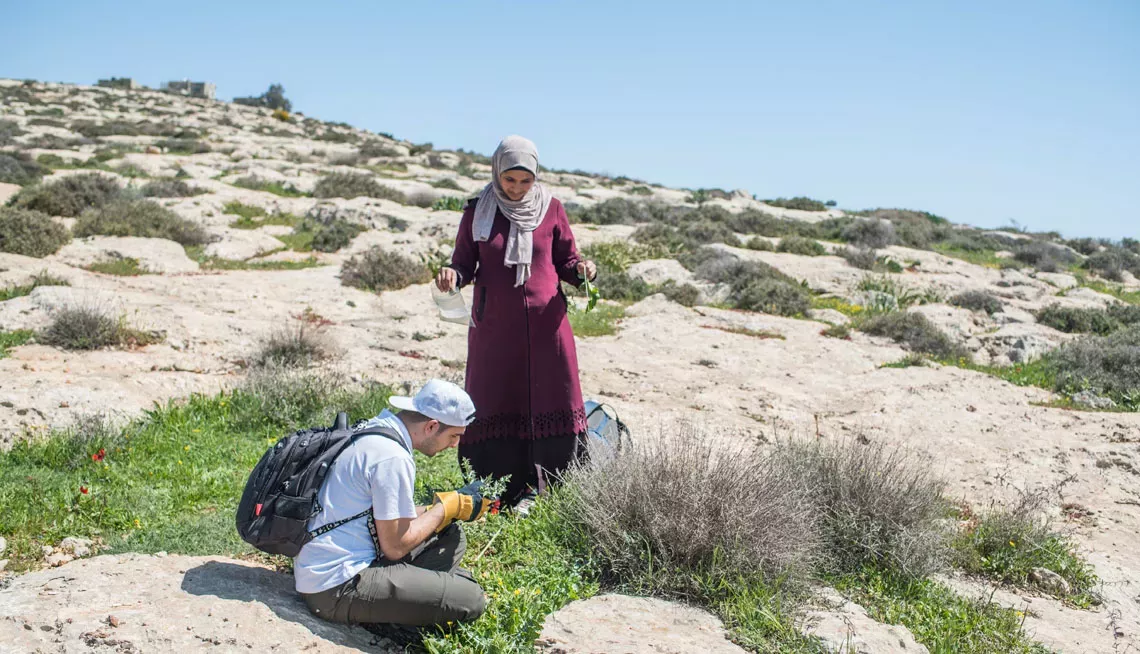
Meet our collaborators
National Agricultural Research Center, Jordan
Shouf Biosphere Reserve, Lebanon
Meet the team at Kew
Emily Ambrose
References
Tukan, S. K., Takruri, H. R., & Al-Eisawi, D. M. (1998). The use of wild edible plants in the Jordanian diet. International journal of food sciences and nutrition, 49(3), 225-235.
Gómez-Barreiro, P., Mattana, E., Abulaila, K., Hani, N., van Slageren, M., Breman, E., Liu, U., Cossu, T., Vilanova, S., Ulian, T. Functional seed traits of wild edible Eastern Mediterranean plants. 2018. 2nd Mediterranean Plant Conservation Week.
Find out more
-
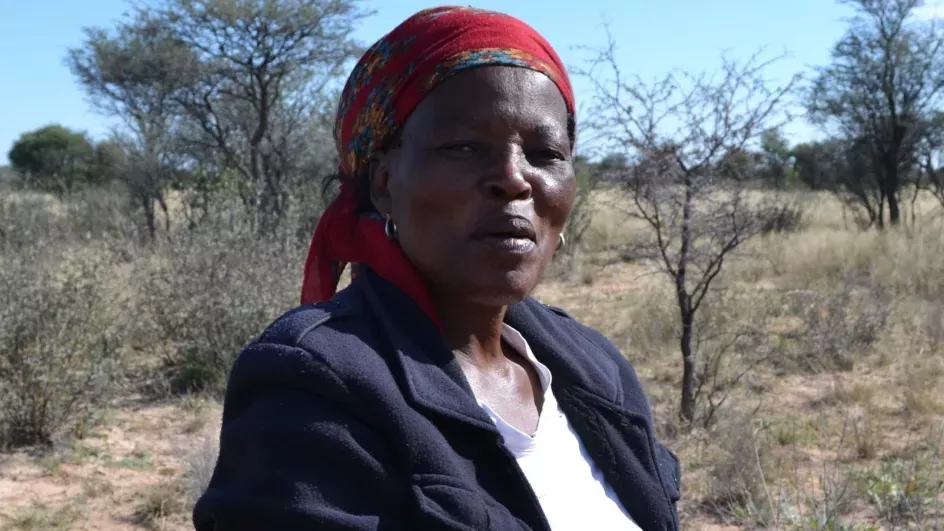
Useful Plants Project
Enhancing the ex situ conservation of native useful plants for human wellbeing across Africa and Mexico.
-
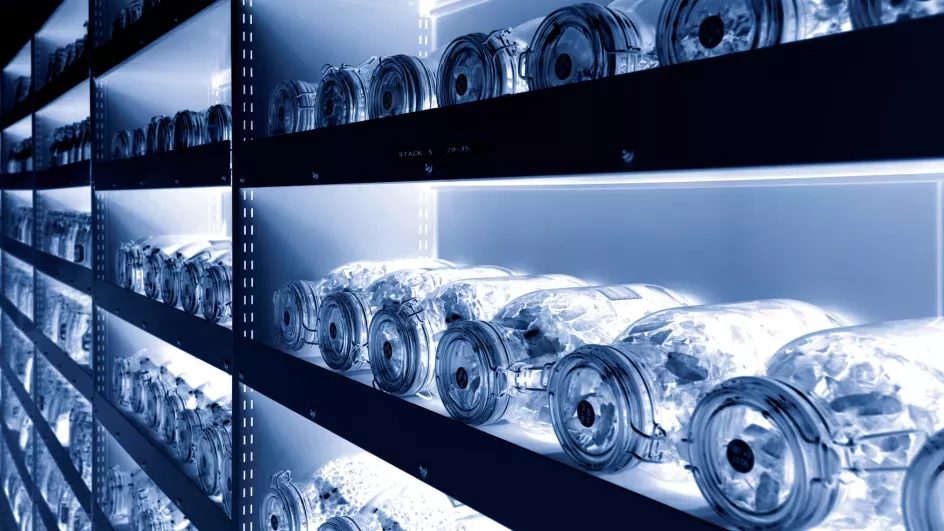
Banking the World's Seeds
Safeguarding wild plant diversity and enabling its sustainable utilisation through global partnership.

